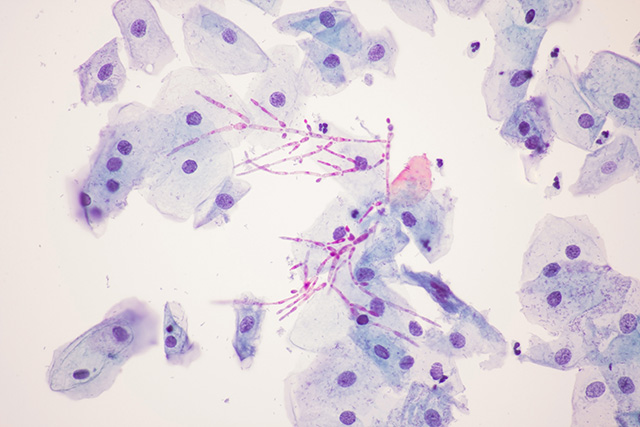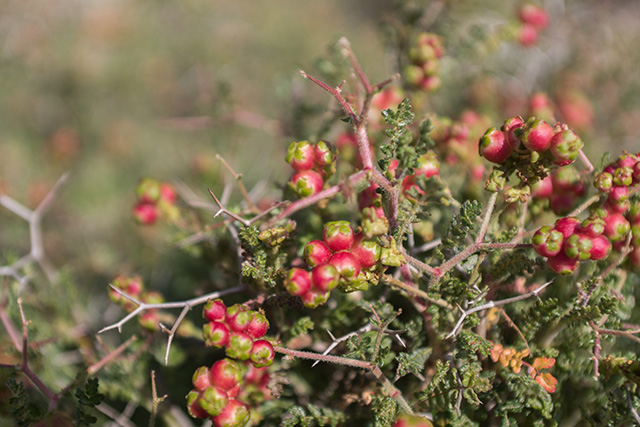07/04/2018 / By RJ Jhonson
Dalbergia sissoo DC., also known as the Indian rosewood, has been used as a traditional treatment for various painful conditions in Bangladesh. A study published in BMC Complementary and Alternative Medicine examined the plant’s antinociceptive effects and the mechanisms that make it possible.
- D. sissoo has been used in Bangladesh for a wide variety of conditions, including sore throat, dysentery, syphilis, inflammation, hernia, and infections, among others.
- To test the plant’s methanol extract (MEDS), researchers put mice through chemical and heat-induced pain models, including hot plate, tail immersion, acetic acid-induced writhing, formalin, glutamate, and cinnamaldehyde test models. The mice were divided into five groups for every test model: one control, one receiving an analgesic for reference (either morphine sulfate or diclofenac sodium), and three receiving MEDS is different doses (100, 200, and 400 mg/kg). To determine if opioid receptors were involved in MEDS central antinociceptive effects, the team used naloxone.
- The researchers also conducted tests to determine the plant’s phytochemical makeup and its toxicity.
- MEDS demonstrated potent and dose-dependent antinociceptive properties in all chemical and heat-induced models, indicating the involvement of both peripheral and central antinociceptive mechanisms. Furthermore, naloxone proved the association of opioid receptors in MEDS’ central antinociceptive effects.
- Phytochemical tests indicated the presence of flavonoids, tannins, cardiac glycosides, carbohydrates, proteins, and terpenoids. MEDS was also confirmed safe from 50 to 3,000 mg/kg.
The researchers concluded that the plant has potent central and peripheral antinociceptive activity which supported its traditional use as a treatment for various health conditions.
Read the full text of the study at this link.
Journal Reference:
Mannan MA, Khatun A, Khan MFH. ANTINOCICEPTIVE EFFECT OF METHANOL EXTRACT OF DALBERGIA SISSOO LEAVES IN MICE. BMC Complementary and Alternative Medicine. 2017;17(1). DOI: 10.1186/s12906-017-1565-y
Receive Our Free Email Newsletter
Get independent news alerts on natural cures, food lab tests, cannabis medicine, science, robotics, drones, privacy and more.


















